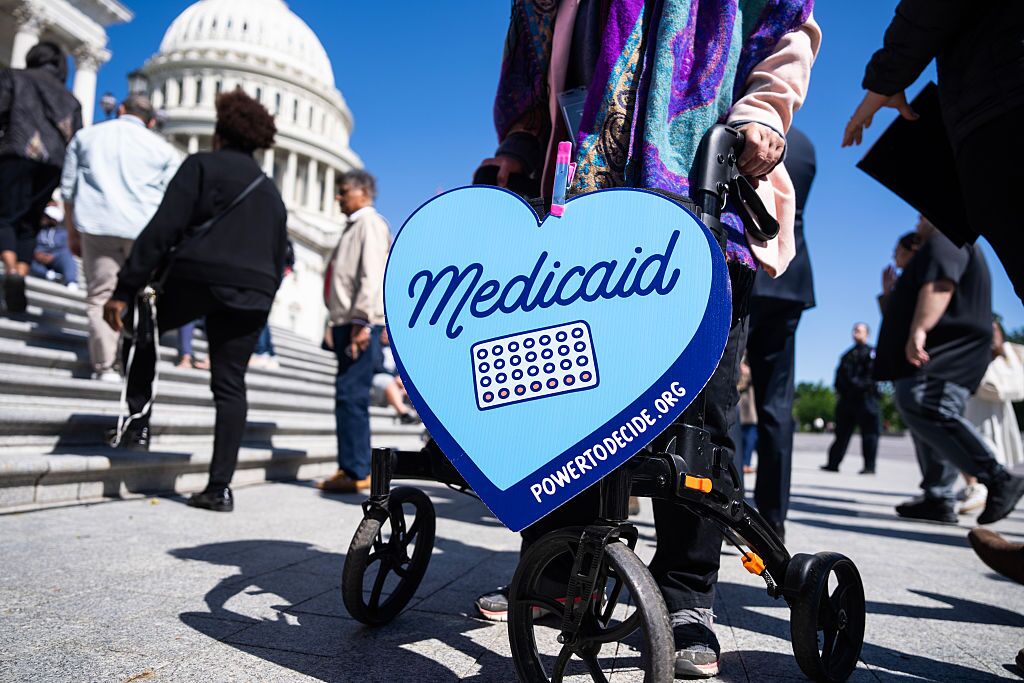Proposed Cuts to Medicaid: Implications for Women’s Healthcare

Medicaid, which covers more than 70 million individuals in the United States—including 13 million women of reproductive age—faces significant funding cuts proposed by congressional Republicans. If enacted, these reductions could impose substantial financial burdens, especially on low-income women, including those from Black and Latina communities.
Importance of Medicaid in Reproductive Health
For many low-income women and young people, Medicaid is critical for accessing affordable sexual and reproductive healthcare. The program provides coverage that includes:
- Birth control and family planning services
- Annual wellness exams
- Cancer screenings (breast and cervical)
- Prenatal and postpartum care
- STI screenings and treatment
Under federal law, Medicaid enrollees are entitled to family planning services with no out-of-pocket costs and can select their own providers without referrals. Therefore, any cuts to Medicaid funding would likely reduce access to these essential services drastically, potentially leaving millions without coverage for vital healthcare.
Consequences of Medicaid Cuts
The implications of losing Medicaid coverage could be dire. Many individuals currently rely on this program to afford necessary healthcare services. For those living paycheck to paycheck, even marginal increases in out-of-pocket expenses can have serious repercussions, leading to delays or avoidance of necessary medical care. A report from the Federal Reserve indicated that over 25% of U.S. adults had to skip medical care in 2022 due to costs.

Research highlights that people facing financial barriers often postpone or avoid treatment. A study revealed that over half of the respondents delayed seeking care due to lack of insurance or past negative experiences with unexpected costs. Furthermore, financial limitations can hinder access to birth control; one in five uninsured women have had to discontinue their preferred contraceptive method due to affordability issues.
Disparities in Access to Healthcare
The proposed Medicaid cuts are expected to disproportionately affect vulnerable populations, including rural residents, individuals with disabilities, and LGBTQI+ individuals, who already encounter significant barriers to inclusive healthcare. Specifically, Black and Latina women, who are more likely to depend on Medicaid for reproductive health services, could face even greater hurdles. Black and Native American women also experience higher rates of pregnancy complications, underscoring the need for continuous, affordable care as they consider starting families.
The Stakes of Budget Cuts
Leaders in Congress are prepared to endorse cuts to Medicaid, ostensibly to finance tax reductions for wealthier individuals. However, Medicaid stands out as one of the most effective health programs in terms of cost per beneficiary, which is significantly lower than that of private insurance options. Thus, cutting Medicaid is less about fiscal responsibility and more about a political choice that removes healthcare from those who require it most.
The discussion surrounding Medicaid often revolves around budgetary concerns, but each dollar cut represents a potential loss of healthcare access for individuals reliant on reproductive and essential services. Allowing such cuts could result in unaffordable out-of-pocket expenses that make vital services unattainable.
